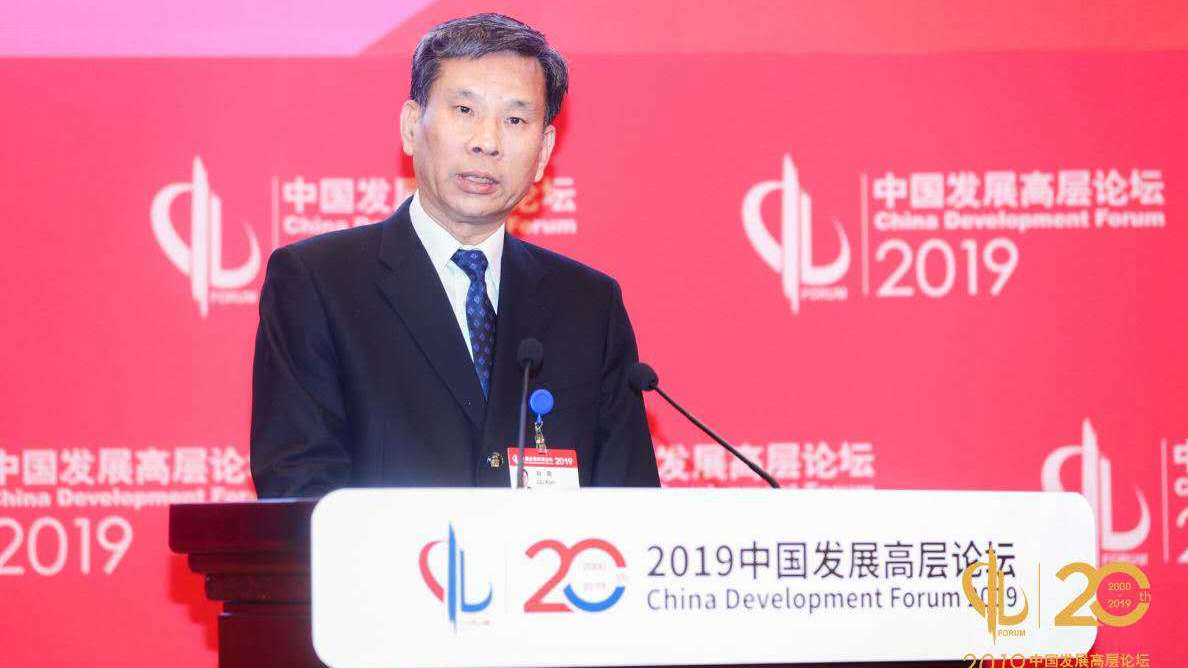
Economy
14:04, 24-Mar-2019
China to continue proactive fiscal policy: Chinese Finance Minister
Updated
15:05, 24-Mar-2019
CGTN
02:59

Larger-scale tax and fee cuts to the tune of nearly two trillion yuan are planned this year to ensure all industries will pay less, while urban employers can contribute a maximum of 16 percent of earnings to cover the basic pension, down from the previous 20 percent, China's top financial officer said on Sunday.
Finance Minister Liu Kun made the remarks at a session of the 20th China Development Forum (CDF) scheduled from March 23 to 25.
Liu also mentioned that efforts would be made to finish distributing local government debt quota totaling 3.08 trillion yuan by the end of September in a bid to shore up investment and expand domestic demand.
At the end of 2018, the local government debt balance stood at 18.39 trillion yuan with a debt ratio of 76.6 percent, far below the globally recognized alarm level. The debt risk was "generally controllable," said Liu.
Affected by larger tax and fee cuts, Liu said China's fiscal revenue growth would be dragged down this year, in response to which the central government is to reduce general expenditures by over five percent and make every yuan count.

China's Finance Minister Liu Kun at the China Development Forum, March 24, 2019. /CDF Photo
China's Finance Minister Liu Kun at the China Development Forum, March 24, 2019. /CDF Photo
Liu added that the planned fiscal expenditure in 2019 surges by 6.5 percent to 23 trillion yuan and the fiscal deficit goes up from 2.38 trillion to 2.76 trillion yuan, year-on-year.
"To offset the downward pressure on the economy, the government will continue to increase the scale of infrastructure, bolster new energy vehicles, and tap the potential of rural consumption," he said.
Michael Spence, the recipient of the 2001 Nobel Memorial Prize in Economic Sciences and a speaker at the session, told CGTN that headwinds are hitting the global economy, so it's perfectly legitimate for China to use tax cuts to "buffer the economy from the shock." He added those tax cuts are designed to "help parts of the private sector, particularly the manufacturing side."
He held, "there is nothing wrong with issuing debts to finance investment, provided it's an investment with high return."
Themed "Greater Opening-up for Win-Win Cooperation," this year's CDF keeps a watchful eye on hot issues such as the supply-side structural reform, new measures of proactive fiscal policy, and the opening-up of the financial sector.

SITEMAP
Copyright © 2018 CGTN. Beijing ICP prepared NO.16065310-3
Copyright © 2018 CGTN. Beijing ICP prepared NO.16065310-3